On October 3, 1904, a very determined young #black woman, Mary McLeod Bethune, opened the Daytona Literary and Industrial Training School for Negro Girls with $1.50, faith in God and five little girls: Lena, Lucille, and Ruth Warren, Anna Geiger and Celest Jackson. Through Dr. Bethune’s lifetime the school underwent several stages of growth and development and on May 24, 1919, the Daytona Educational and Industrial Institute was changed to Daytona Normal and Industrial Institute. In 1923 the school merged with Cookman Institute of Jacksonville, Florida (founded in 1872) and became co-ed while it also gained the prestigious United Methodist Church affiliation. Although the merger of Bethune’s school and Cookman Institute began in 1923, it was not finalized until 1925 when both schools collaborated to become the Daytona-Cookman Collegiate Institute. In 1931, the College became accredited by the Association of Colleges and Secondary Schools of the Southern States, as a Junior College with class B status, and on April 27, 1931, the school’s name was officially changed to Bethune-Cookman College to reflect the leadership of Dr. Mary McLeod Bethune.

In 1936, Dr. Bethune was appointed administrative assistant for Negro Affairs (her title changed in 1939 to Director of the Division of Negro Affairs) of the National Youth Administration (NYA) making her the first #African American women to head a federal agency. As of result of this position, much needed government funds were funneled into the school. While traveling with the NYA Dr. Bethune appointed Mr. Abram L. Simpson as acting president from 1937-39. In 1941, the Florida State Department of Education approved a 4-year baccalaureate program offering liberal arts and teacher education. Dr. Bethune retired in 1942 at which time James E. Colston became president until 1946 when Dr. Bethune resumed the presidency for a year.
Read More @www.cookman.edu

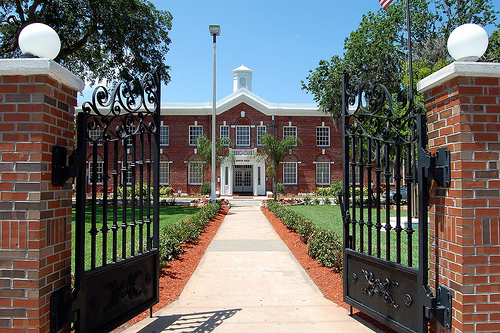



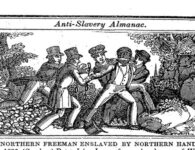



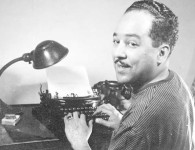

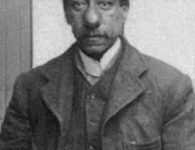
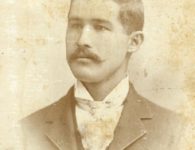
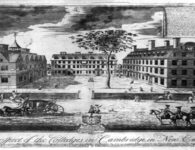
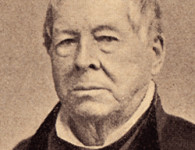
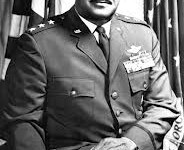
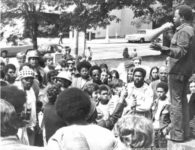


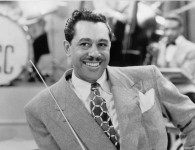

No comments